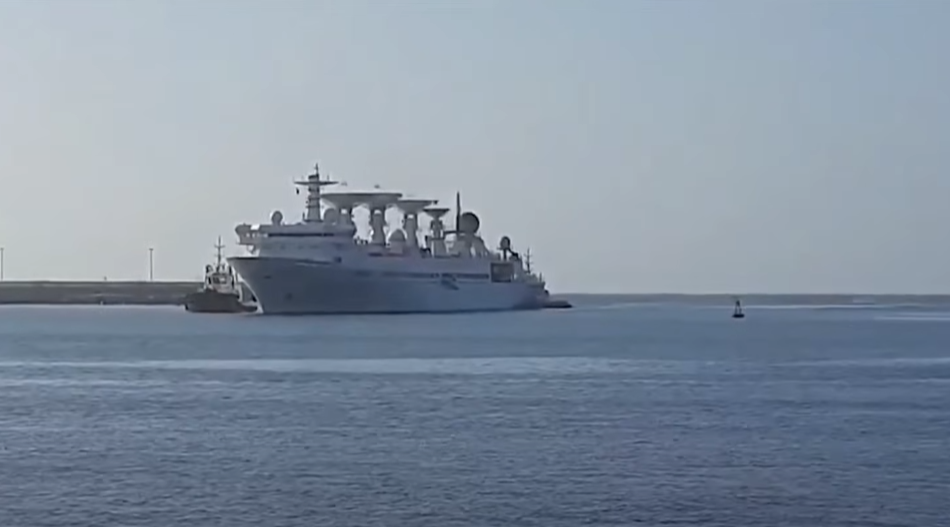China’s scientific research in the Indian Ocean, analyzed by the renowned US think tank CSIS, has military implications, as discussed in a recent paper.
The study highlighted the deployment patterns of Chinese civilian oceanographic and energy research ships over a four-year period, suggesting that these activities could be instrumental in serving the Chinese navy’s strategic objectives in the region.
Chinese state media, notably the state-controlled tabloid Global Times, responded with a strong warning. The editorial argued that the CSIS report provided ammunition to countries seeking to fabricate threats from China, especially in the Indian Ocean region.
The timing of the report was deemed delicate as countries like the Maldives were enhancing ties with China, while Sri Lanka had recently suspended foreign research vessels, including those from China.
The CSIS study emphasized the importance of detailed knowledge of ocean depths, currents, and temperature for China’s submarine operations. It suggested that while there could be scientific and commercial benefits, these activities might be crucial for the People’s Liberation Army (PLA) in expanding its operational reach in the Indian Ocean, posing a challenge to regional players like India and the United States.
China’s Perspective on Marine Scientific Research

Chinese foreign ministry spokesperson Mao Ning defended China’s marine scientific research, asserting compliance with the UN Convention on the Law of the Sea. Mao urged relevant parties to adopt an objective view of China’s activities and avoid speculation.
Despite the report’s concerns, the Global Times defended ongoing research missions, asserting that China and its regional partners were exploring the natural ecology of the Indian Ocean without any hidden agenda.
The editorial argued that the Indian Ocean remained one of the least understood oceans due to a lack of sufficient on-site observations.
The Chinese defense ministry did not immediately respond to requests for comment, leaving questions about the potential military implications of China’s scientific research in the Indian Ocean unanswered.
China’s military vulnerabilities in the region were previously underscored, emphasizing the Chinese navy’s substantial dependence on oil shipments through the Indian Ocean. However, these concerns were accentuated by the absence of both an air defense system and a robust base network.


Comments are closed.